Can you use bathwater to water plants? Experts reveal how it can work wonders on your greenery
Cut water consumption and make the most of a natural fertiliser in one go

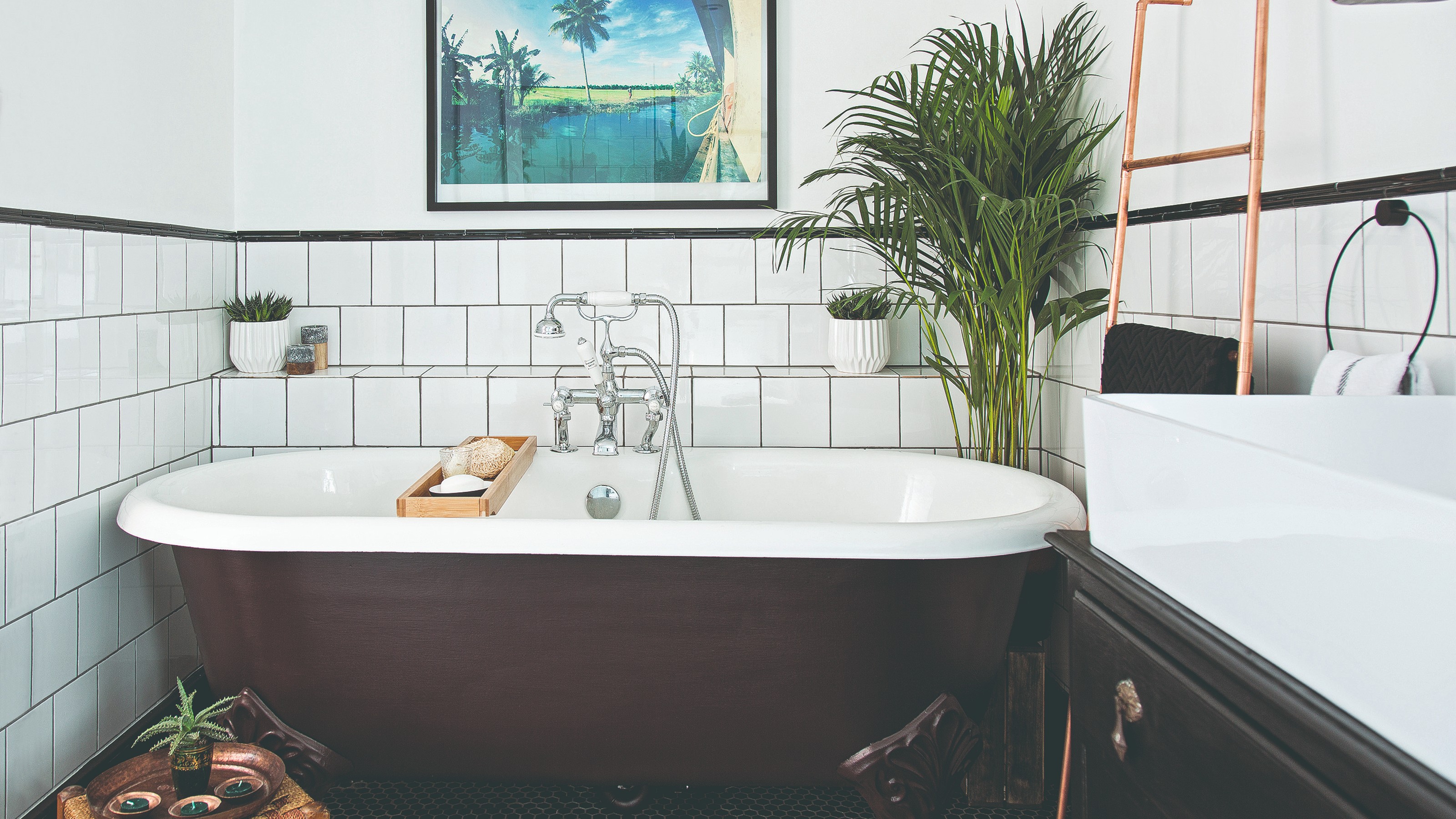
Sign up to our newsletter for style inspiration, real homes, project and garden advice and shopping know-how
You are now subscribed
Your newsletter sign-up was successful
EDITOR’S NOTE: An earlier version of this article included a quote from a purported expert whose credentials we have not been able to verify. The quote has been removed. We regret this lapse in our verification process and have updated our internal protocols to reduce the risk of recurrence.
In the midst of the cost of living crisis, every resource is precious and any opportunity to save money is welcome. So when we came across the possibility of using bathwater to water our plants, we were excited but also a little suspicious. Can you use bathwater to water plants, considering all the dirt and soap residue mixed in it?
The simple answer is – yes, you can. Despite some exceptions and precautions one should take that we’ll get into in a bit, this is one of the ways to use greywater in the garden, greywater being another name for bathwater and any other wastewater from non-toilet plumbing systems.
But to further explain why it’s safe to use bathwater on your plants, we’ve enlisted the expert help and advice of our gardening experts. Here’s what they had to say.
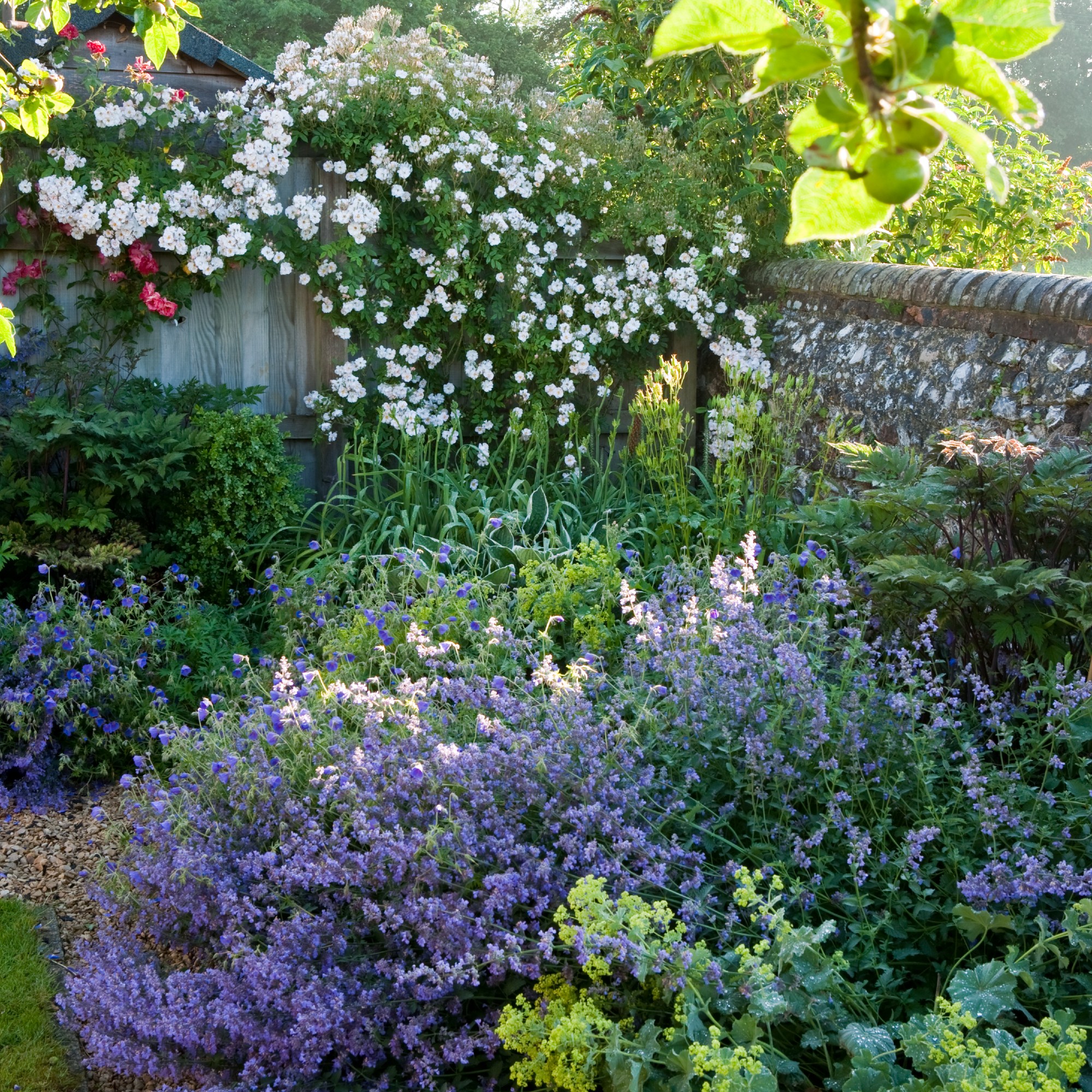
Can you use bathwater to water plants?
There are several benefits to using bathwater to water your plants. Firstly, it’s a way to save water and help with water supply during the summer in times of drought, water bans and shortages. And secondly, the traces of skin cells and soap can actually feed the plants, just like a natural plant fertiliser.
‘Bathwater can be good for garden plants due to its nutrient content,’ says Lucie Bradley, gardening expert at Two Wests & Elliott collaborating with Victorian Plumbing. ‘When you bathe, your water often contains traces of soap, skin cells, and even some natural oils. These elements can serve as a mild fertiliser for your plants, providing them with essential nutrients like nitrogen, phosphorus, and potassium.’
Petar Ivanov, Fantastic Gardeners' gardening expert, adds, ‘Soap and detergent can also act as wetting agents and allow water to penetrate the soil around your plants more easily by breaking up surface tension.’
Just make sure you use your bathwater within 24 hours to prevent bacteria growth.
Sign up to our newsletter for style inspiration, real homes, project and garden advice and shopping know-how
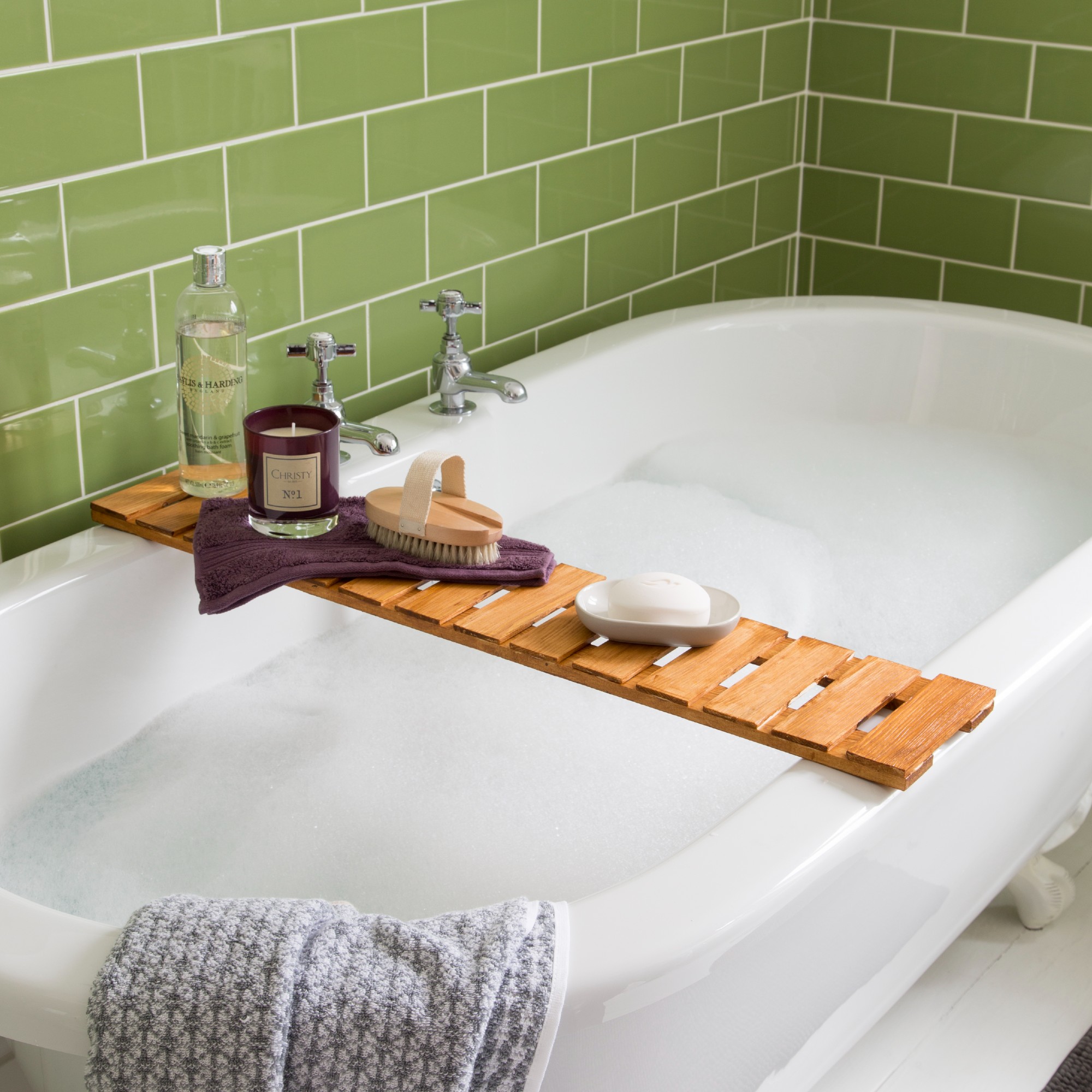

Petar Ivanov is one of the company's top-performing experts and manages over six teams of gardeners, delivering stunning landscape results and fostering a deep connection with nature through his work.
What should you be careful with?
While natural and mild soaps can be beneficial to plants due to their phosphate content also found in many fertilisers, harsh chemicals like bubble baths and synthetic soaps can be detrimental.
‘When it comes to soap and bubble baths, moderation is key,’ Lucie advises. ‘While a small amount of soap won't harm most plants, excessive use can be detrimental. Harsh chemicals in some soaps can disrupt the pH balance of the soil or coat the leaves, interfering with their ability to photosynthesize.’
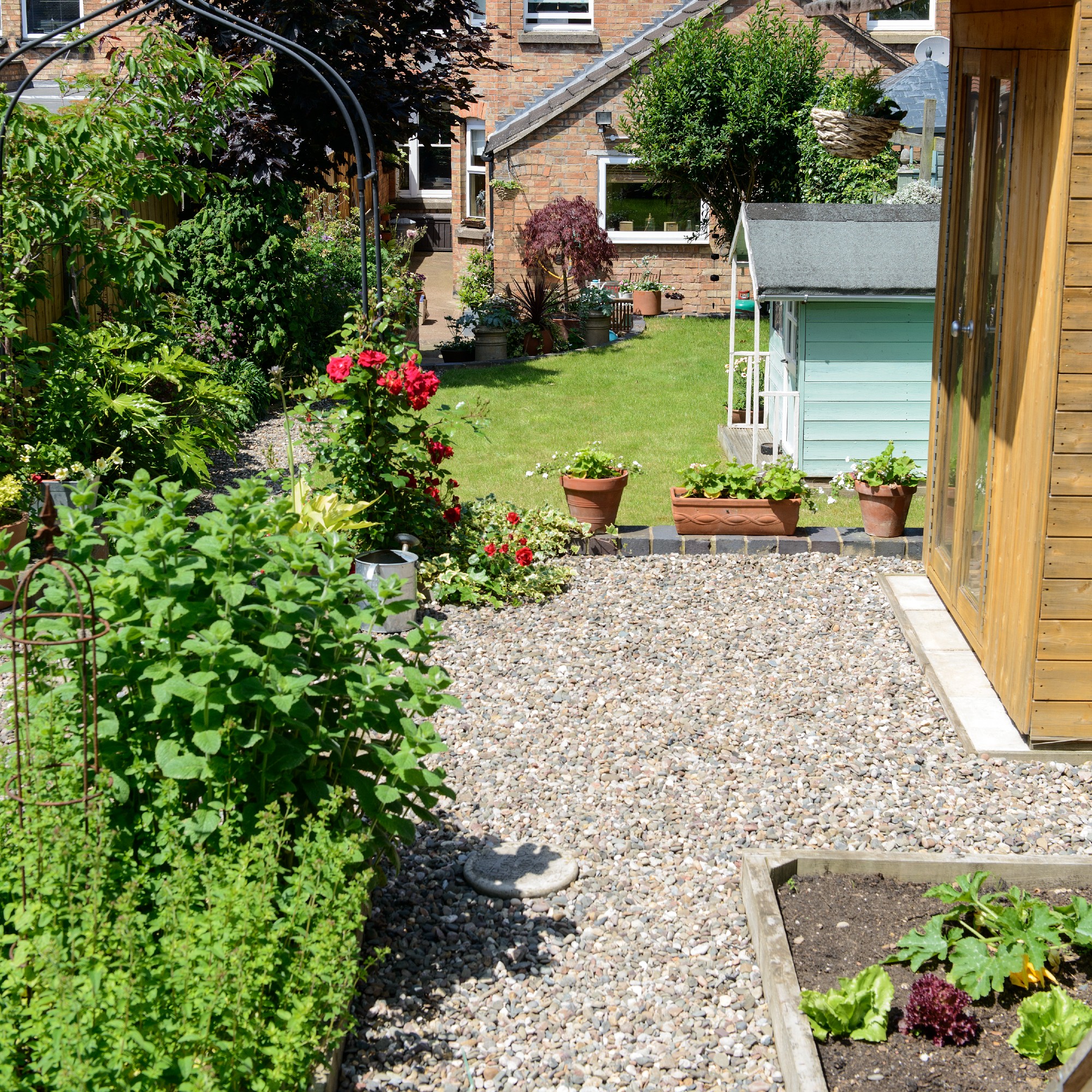
What plants you shouldn’t use bathwater on
While most plants will react well to being watered by bathwater, there are a few that you should avoid. Including bathwater in your watering routine is not how to grow blueberries, for example.
‘While bathwater can be beneficial for most plants, there are a few exceptions. Plants with delicate foliage, such as ferns or African violets, may be more sensitive to soap residues. Additionally, plants that prefer acidic soil, like azaleas or blueberries, may not appreciate the slight alkalinity that soap can introduce,’ Lucie warns.
Additionally, Petar discourages from using bathwater on edible plants due to potential contamination and bacteria that might be harmful if eaten. ‘It's also recommended that you don't water edible plants, such as tomatoes, herbs, beans and potatoes, with your bath water.’

Can you use bathwater to water houseplants?
‘Bathwater can be used for both houseplants and garden plants alike,’ Lucie says. ‘Whether you're nurturing an indoor plant or outdoor garden, your plants can benefit from the nutrients present in bathwater. Just be mindful of the soap content and adjust accordingly.’
But due to the fact that houseplants are grown in more compact environments within a pot with a little soil, they feel the residues found in bathwater more intensely. That’s why experts won't recommend making a habit out of using bathwater on your houseplants.
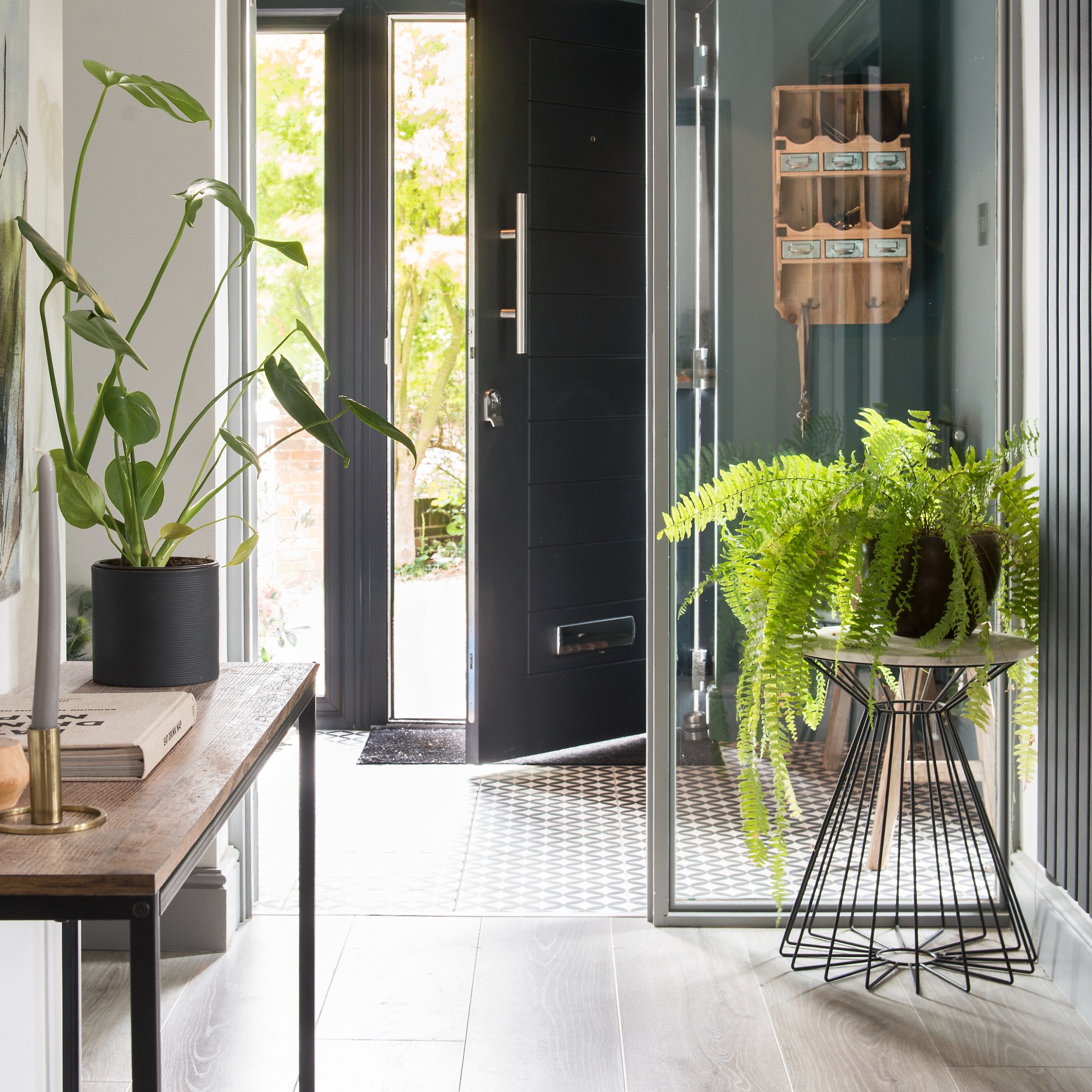
If you’re looking to save water, you could instead collect the cold water that runs from your shower as you wait for it to warm up.
It turns out there are several ways how to reuse water for your plants.

Sara Hesikova has been a Content Editor at Ideal Home since June 2024, starting at the title as a News Writer in July 2023. She is now also the Ideal Home Certified Expert in Training on Furniture, and so far has tested over 150 different sofas.
Graduating from London College of Fashion with a bachelor’s degree in fashion journalism in 2016, she got her start in niche fashion and lifestyle magazines like Glass and Alvar as a writer and editor before making the leap into interiors, working with the likes of 91 Magazine and copywriting for luxury bed linen brand Yves Delorme among others.